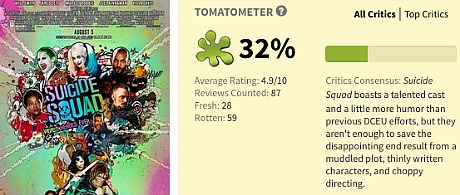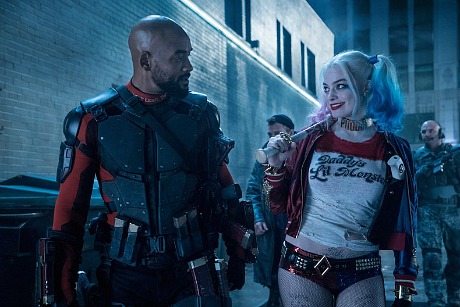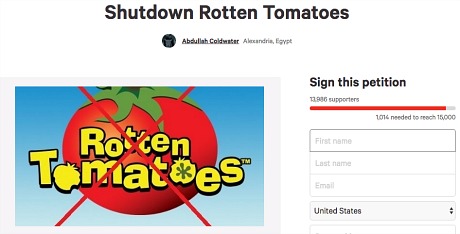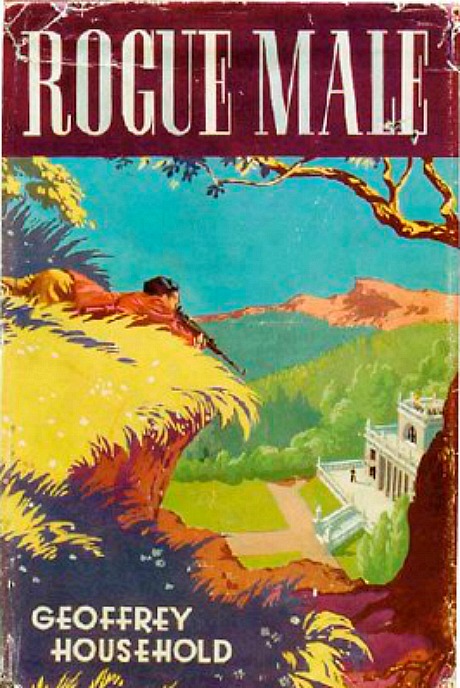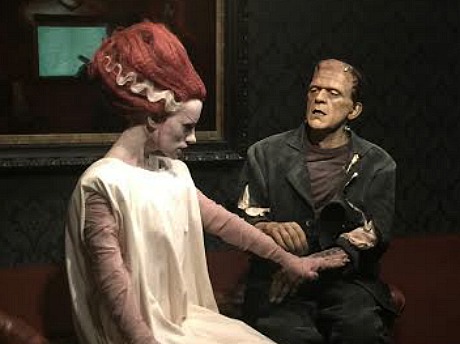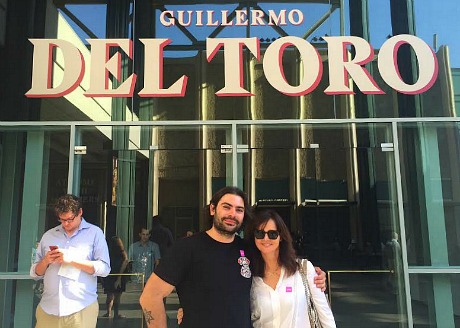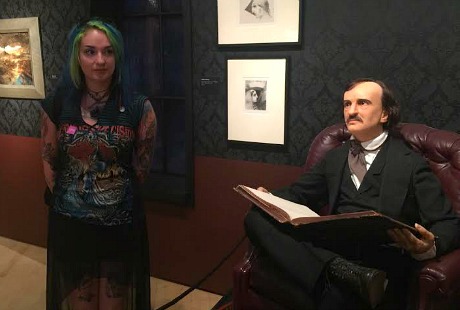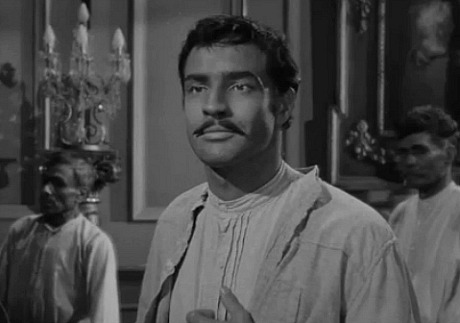I’ve recently been developing a notion that Craig Johnson and Daniel Clowes‘ Wilson might be a fall/holiday release. Because it sounds good, for one thing, and would therefore “elevate the season”, and because it seems like my kind of film. You know what I mean. A smart, sardonic, character-driven, vaguely pissed-off movie that’s nonetheless “funny” in an LQTM way.
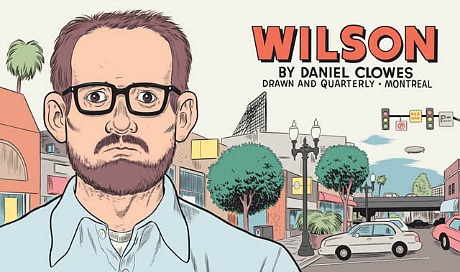
On top of which it’s a father-daughter relationship movie that’s not Toni Erdmann. That in itself makes me feel favorably disposed. Because it’s not fucking Erdmann.
Anyway, forget it. Fox Searchlight announced today that they’re opening Wilson on March 3, 2017. Presumably because they’ve calculated that it just doesn’t have that award-season schwing. Wilson costars Woody Harrelson, Laura Dern, Isabella Amara, Judy Greer and Cheryl Hines.


